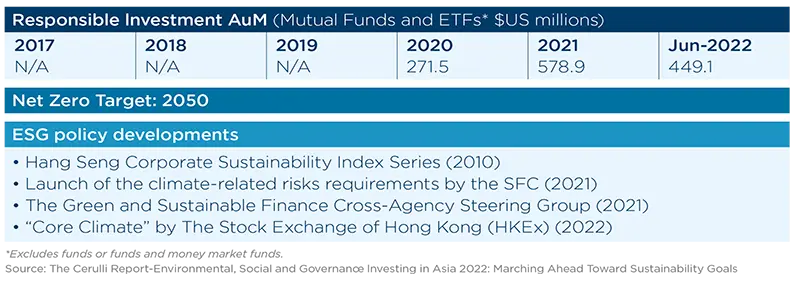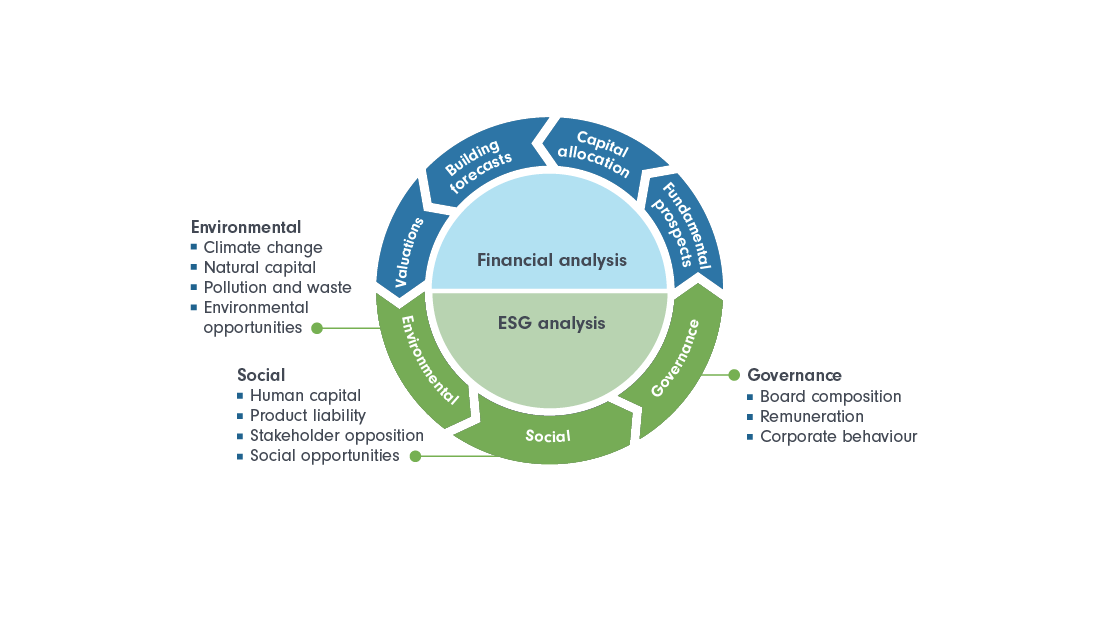
The Growing Popularity of ESG ETFs: A Deep Dive into Sustainable Investing
The investment landscape is undergoing a significant transformation, with sustainable investing taking center stage as a growing number of investors prioritize environmental, social, and governance (ESG) factors in their portfolios. In this context, ESG exchange-traded funds (ETFs) have emerged as a compelling option, allowing investors to align their financial objectives with their values. Recent reports indicate a substantial increase in the assets under management in ESG ETFs, reflecting a notable shift towards responsible investing.

Performance Insights
The performance of ESG ETFs has sparked interest among investors seeking not just ethical options, but competitive returns as well. A prime example is the iShares MSCI KLD 400 Social ETF (DSI), which tracks U.S. companies with robust ESG profiles. As of early June 2025, this fund has maintained impressive returns, illustrating that sustainable investments can also yield financial benefits. According to research from Statista, the largest ESG ETFs in the Americas have witnessed a remarkable surge in assets, with several funds surpassing the $10 billion mark in assets under management.
The ESG momentum is not limited to performance; it is also reflected in the growing number of investors adopting these strategies. A report from the Global Sustainable Investment Alliance (GSIA) revealed that global sustainable investment reached $35.3 trillion by the end of 2020, representing a 15% increase from 2018. This trend highlights the increasing recognition of ESG factors as critical components of long-term value.
Market Dynamics
A confluence of factors has propelled ESG investing into the mainstream. The increasing awareness of climate change, social justice issues, and corporate accountability has galvanized both individual and institutional investors. Many prominent asset managers, including BlackRock and Vanguard, have integrated ESG considerations into their investment strategies, further legitimizing the approach.

Moreover, the COVID-19 pandemic has amplified the focus on sustainability, with investors increasingly scrutinizing companies' responses to social and environmental challenges. According to a study by the Morgan Stanley Institute for Sustainable Investing, 85% of individual investors expressed interest in sustainable investing, a notable increase from prior years.
Institutional Adoption
Institutional investors have played a crucial role in driving the growth of ESG ETFs. Organizations such as pension funds, endowments, and foundations are increasingly recognizing that ESG factors can materially impact investment performance. For instance, the California State Teachers' Retirement System (CalSTRS) has committed to transitioning its investment portfolio to align with sustainable practices, showcasing a significant shift in asset allocation strategies.
Challenges and Considerations
While the momentum behind ESG ETFs is notable, there are inherent challenges that investors must navigate. One significant concern is the lack of standardized ESG metrics, which can lead to discrepancies in fund performance and investor expectations. The absence of universally accepted reporting frameworks makes it challenging for investors to gauge the true sustainability of the companies within their portfolios.
Additionally, the risk of "greenwashing"—where funds may exaggerate their ESG credentials—remains a pressing issue. Investors must conduct thorough due diligence to ensure that their chosen ETFs genuinely align with their values and investment objectives.

Furthermore, as the ESG ETF market grows, regulatory scrutiny is likely to intensify. The U.S. Securities and Exchange Commission (SEC) has indicated an interest in establishing clearer guidelines for ESG disclosures, which could have profound implications for fund managers and investors alike.
Conclusion
ESG ETFs present a significant opportunity for investors seeking to align their financial goals with their ethical values. As demand for sustainable investing continues to rise, these funds are poised to play a pivotal role in shaping the future of investment strategies worldwide. However, investors should be mindful of the complexities and challenges within the ESG landscape. Rigorous research and a clear understanding of each fund's underlying principles are essential for navigating this evolving market.
In summary, while the allure of ESG investing is strong, investors must remain vigilant in their pursuit of sustainable options—balancing ethical considerations with the pursuit of financial returns. As the market continues to mature, the potential for ESG ETFs to influence both investor behavior and corporate practices remains substantial, heralding a new era of responsible investing.
